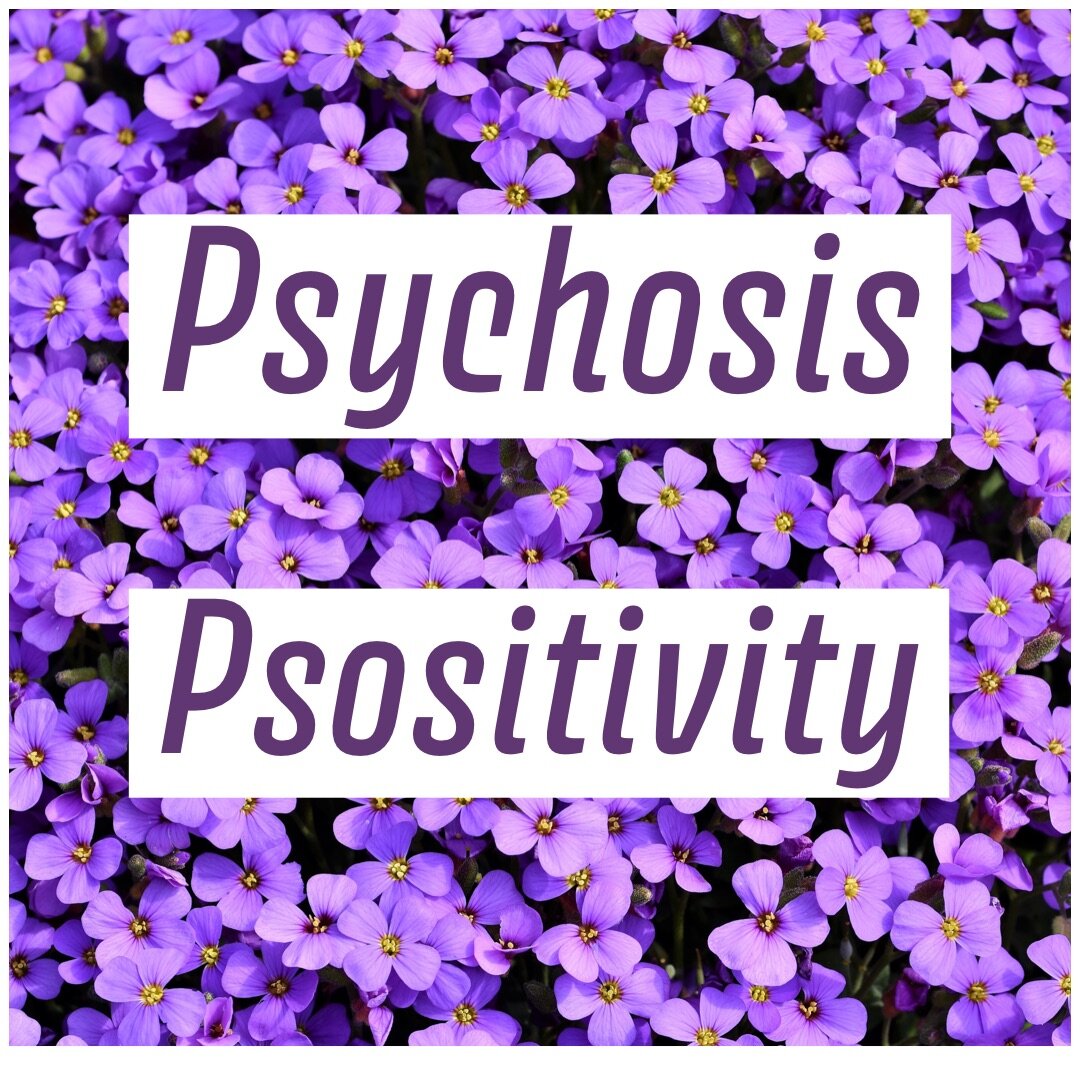Community Discussion: Schizophrenic Overwhelm
Schizophrenia is a complex Neurodevelopmental Disorder. As the body of research on the condition grows, it appears no aspect of the Central Nervous System is unaffected by the condition, even the Neuroendocrine System (Yates, 2016). One under-appreciated trait of Schizophrenia is our propensity to experience Sensory Overload. Many people do not realize that Schizophrenics can experience Sensory Overload, or realize the severe breakdowns it can cause. In this essay, I present the concept of Schizophrenic Overwhelm (concept can also be modified to Psychotic or Bipolar Overwhelm if necessary). It is somewhat analogous to the Autistic Meltdown, which is not surprising given the connections between the conditions ( Autistic Meltdowns 1--LivedExperienceEducator ; Autistic Meltdowns 2--MyAutisticSoul ). Schizophrenic Overwhelm is due primarily to Sensory Overload, but can also be due to Information Overload and be worsened by stress and Psychotic/Traumatic triggers. I present a model for the behavior of people in Schizophrenic Overwhelm: a Positive and Negative form. In the Positive form, the Schizophrenic person may shout, self-harm, have Disorganized Speech, make broad/obvious movements, pace, and appear angry. In the Negative, the person is shut down, may become Catatonic or appear in a stupor, have stereotyped movements, cry quietly, talk to themselves, close and open their eye repeatedly, and stim. Mixed episodes are also possible. I realize some may have hesitations to classifying symptoms, but it is necessary should the term ever get traction in the professional community. I welcome constructive criticism of this model from the community.
Schizophrenics cannot filter out sensory information the same way that non-Psychotics can, and our sensory systems are easily overloaded even when we’re not Hallucinating (Beck et al, 2011). We have other symptoms that can easily Overwhelm, such as Thought Blocking, when a thought will feel as a thought has hit a wall or disappeared and we are unable to think. Another symptom that can lead to Overwhelm is Thought Projection, when it feels as though our thoughts are being projected outside of our heads or that others can read our minds. Combine thought distortions such as these with a sensory system that cannot filter out extraneous background noise, Hallucinations, Delusions, and any Negative or Cognitive Symptoms, and you’ve got a pretty ripe situation for Overwhelm. Schizophrenics also have a lot of difficulty communicating with non-Psychotics/Neurotypicals. Our emotions and distress are very rarely understood. I have often been brushed off or thought to be faking when in serious distress on to later be found in a dire situation, often with regard to medical situations. A person can only be ignored so long before they crack. The build up of emotional pain often increases the intensity of the Psychosis, which in turn makes the Sensory Overload worse, leading to an Overwhelm episode.
I believe that the concept of Schizophrenic/Psychotic Overwhelm is important for several reasons. The first is that it exists, and we should acknowledge reality. The fact is that Schizophrenia is not a simple “chemical imbalance” like scientists wanted it to be the 20th century, and we have to move on and acknowledge the full humanity and reality of the condition. Schizophrenia is a brain type, it is far more complex than the Dopamine Hypothesis alone can explain*. Second, Schizophrenic and Psychotic people are the ultimate authorities on what it is like to experience Psychosis, and we should be able to create words that describe our experiences. I am presenting this concept to the Psychosis community for discussion. I am not the final authority on Psychosis, but this is something I think we should talk about more. Finally, I think that this is something that clinicians need to be made more aware of. A fair number of clinicians and clinical students follow me, and this might get them thinking. As for the patients, having words to describe your experience is powerful, and will help people work with their professionals.
So, community, what do you think? Do you like the concept of Schizophrenic/Psychotic Overwhelm? Does it speak to your Lived Experience? Do you like the Positive/Negative/Mixed categories, and if not, what do you suggest be modified?
Please leave your comments on the Instagram post, can’t wait to talk with you all
*The Dopamine Hypothesis has a place, don’t get me wrong, but we need to look at Schizophrenia holistically: Neurotransmitters, brain structure, Genetics, early environment, Trauma, pathogens, etc.
Citations & Links Again
Beck, A. T., Rector, N. A., Stolar, N., & Grant , P. (2011). Schizophrenia: cognitive theory, research, and therapy. The Guilford Press.
Yates N. J. (2016). Schizophrenia: the role of sleep and circadian rhythms in regulating dopamine and psychosis. Reviews in the neurosciences, 27(7), 669–687. https://doi.org/10.1515/revneuro-2016-0030
